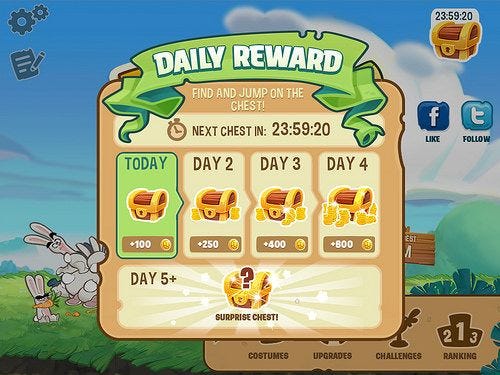Faster, better, more features - that’s what nearly all app developers think users want to see.
Especially in personal finance, app developers race to announce more integrations, better data visualization tools, more cards, more banks, more currency pairs, more asset types, more brokerages, etc.
But is that really the job that users are hiring personal finance apps to do?
There’s a famous case study of a fast-food restaurant chain that wanted to improve its milkshake sales.
They asked customers what would improve their milkshakes (smoother, fruitier, more chocolaty, etc.). But alas, despite the product changes, milkshake sales stayed flat!
Until a consultant they hired, discovered an unusual pattern: 40 percent of the milkshakes were purchased in the morning, by commuters who ordered them to go.
He quickly realized that the milkshake served as an edible fidget spinner.
"They faced a long, boring commute and needed something to … make the commute more interesting. They wanted to consume something now, that would stave off hunger until noon.", said Clay Christensen.
Trying to suck a thick liquid through a thin straw gave customers something to do with their boring commute.
Understanding the job to be done, the company created a morning milkshake that was even harder to drink (to last through a long commute) and more interesting (with chunks of fruit) than its predecessor.
I suspect people don’t use personal finance apps to make them feel like a trader at a quant fund, sitting in front of a 6-screen Bloomberg terminal.
Most people likely find managing their personal finances a necessary, but deeply unpleasant activity.
Tracking their assets across different bank accounts, brokerages, fintech apps, and crypto wallets is mind-numbing.
Building financial models and projections in Excel to monitor their progress towards life goals like retirement is difficult, and unrewarding.
Worse, personal finance is often deeply tied to people’s sense of self-worth.
People want to feel like they have someone (or something) knowledgeable about various areas of finance, encouraging, supportive in practical ways, and non-judgmental about their areas for improvement.
They want an app that’s an expert, a cheerleader, and a personal assistant.
Perhaps what people really want is to make their personal finances a source of pride and joy, not shame and avoidance.
And that’s the real job we’re hiring personal finance apps to do for us.







Most of the time, I find it even difficult to see a basic consolidate breakdown of my spending from my different saving accounts and credit cards.
I would love to have a finance app which could do the breakdown and set budget target without one's need to add all records individually in a separate app .
Do you use any of the tool to facilitate that ?